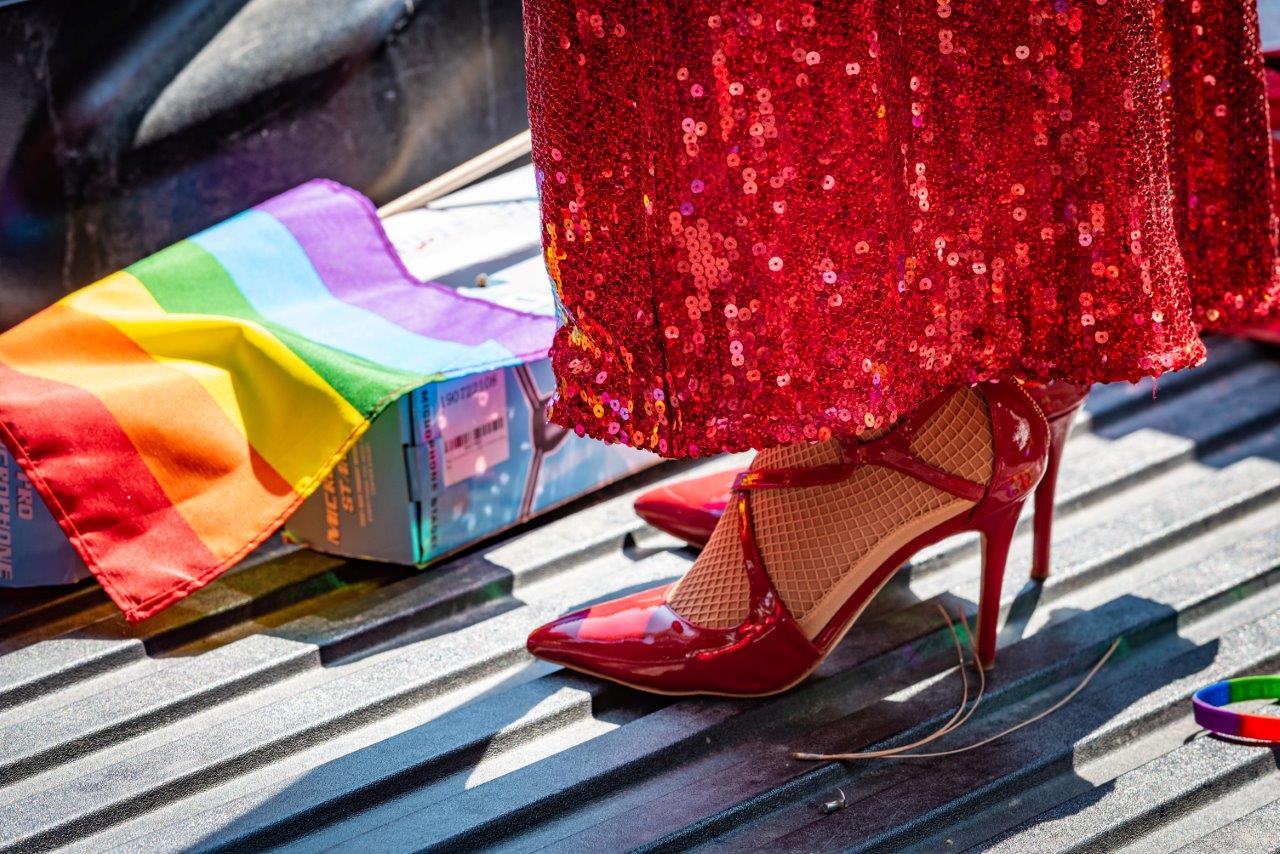Advertisement
Events to create awareness of the LGBTQ-community is celebrated in nearly every province annually, the most recent of these being last month’s Soweto Pride, which saw jubilant crowds wrapped in rainbow flags furthering its cause.
Among such celebrations count the country’s oldest: The Mother City Queer Project costume party has been held in the Cape since 1994; both Knysna’s Pink Loerie Mardi Gras and Cape Town Pride were established in 2001.
Annual Pride events are held in the Eastern Cape, Free State, several venues in Gauteng, KwaZulu-Natal, Limpopo, Mpumalanga and the North West. In many instances, first citizens and members of local crime-fighting fraternities join in to show their allegiance.
No one is suggesting that you turn your estate into the next Pride venue, but it doesn’t hurt to be aware of this ever-growing part of our public and doing a bit of informal research about their wish lists when it comes to community living.
Advertisement
It may be useful to correspond with existing homeowners on your estate – if it’s public knowledge that they are in a same-sex partnership – or other members of the LGBTQ-community keen to discuss specific needs of the more gender-fluid among us.
Still marginalised
A report on ewn.co.za author Rivonia Pillay, a candidate civil engineer with the Department of Water and Sanitation, describes herself as a “queer brown woman” fiercely determined to promote feelings of personal safety among members of the queer community.
‘A clause in the Civil Union Act allows civil servants to refuse to solemnise civil unions if they object to same-sex relationships on the grounds of their “conscience, religion (or) belief”. In a religious country such as South Africa, she says this presents a significant obstacle for same-sex couples who want to marry.
‘While an amendment to the bill will solve an important aspect of the problems facing the LGBTQ+ community, it cannot address the deep-seated tendency towards the marginalisation of gay people in South Africa,’ says Pillay.
The power of pink
According to theotherfoundation.org, the Pink Rand is a term that’s gained momentum among marketers since the 1990s. ‘However, the concept has grown to not just represent the spending power of the LGBTI- community, but their influence across social circles and constructs as both social grouping and economic segment.’
The Other Foundation paper entitled ‘The Pink Rand – a base for corporate engagement’ was released two years before the pandemic hit, but today still provides valuable insights for businesses across the board. The paper explores this rose-coloured currency as a means to engage corporate South Africa in the drive to foster more diversity with respect to the LGBTI market.
‘We found that in South Africa, the value of the Pink Rand is between R53 billion and R204 billion. Putting it into context, a PwC report claims South Africa’s big four banks recorded profits of R72.3 billion in 2015. This is a clear display of the force of the Pink Rand in South Africa.’
The report highlights that South Africa’s LGBTI community tends to be ‘highly educated, earn incomes of above R30,000 a month and, while financially discerning, has a large propensity to spend, especially on luxury goods’.
Catering for all
Commenting on the relevance of gender-awareness in community living, real estate marketing expert Tracy Bartlett says estates have traditionally been family oriented and focused on providing a tranquil and secure suburban atmosphere where kids can safely play outdoors and families enjoy communal facilities.
‘However, we’ve started to see that certain estates and secure precincts have been attracting more professional singles and couples, as well as members of the LGBQT-community, through offering services and amenities that meet their lifestyle needs.’
Bartlett lists Waterfall and Steyn City as good examples of developments that are attracting a broader demographic. ‘Their main appeal, over and above security, is the fact that residents have easy access to a host of amenities, often within walking distance.’
She says these buyers are often looking for more than just a golf course and park. ‘They want well-equipped gyms and sporting facilities, good restaurants and cafés, and general sociability.
‘Their needs and expectations are very similar, but have been largely uncatered for in the traditional estate model.’



